

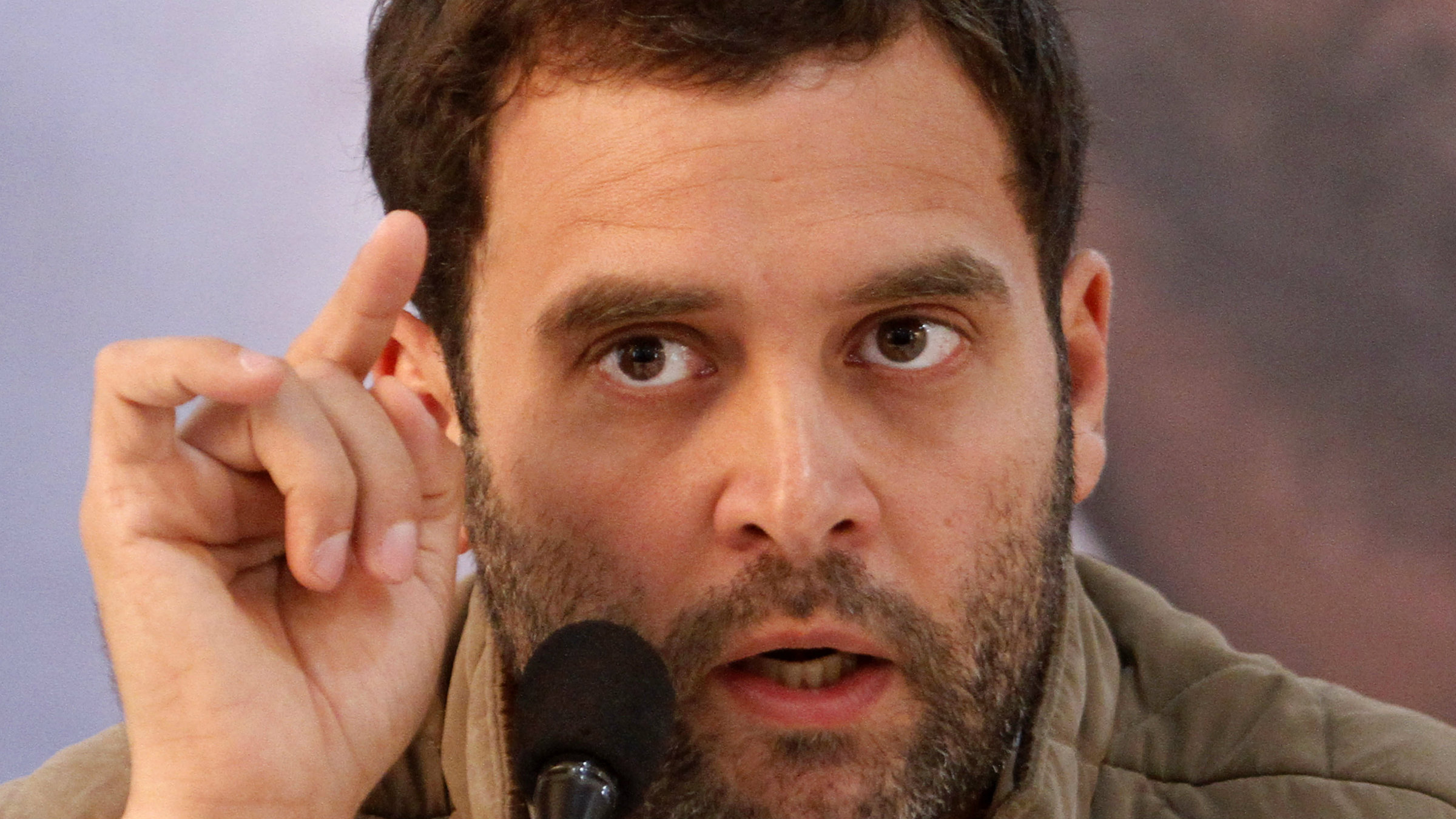
In a scathing attack on India's use of electronic voting machines, Congress leader Rahul Gandhi expressed serious concerns about the integrity and transparency of the electoral process. He cited reports of alleged EVM manipulation and a post by tech mogul Elon Musk advocating for their elimination. Opposition parties have also consistently raised issues with EVMs, calling for a full count of VVPAT slips, but their demands have been denied.
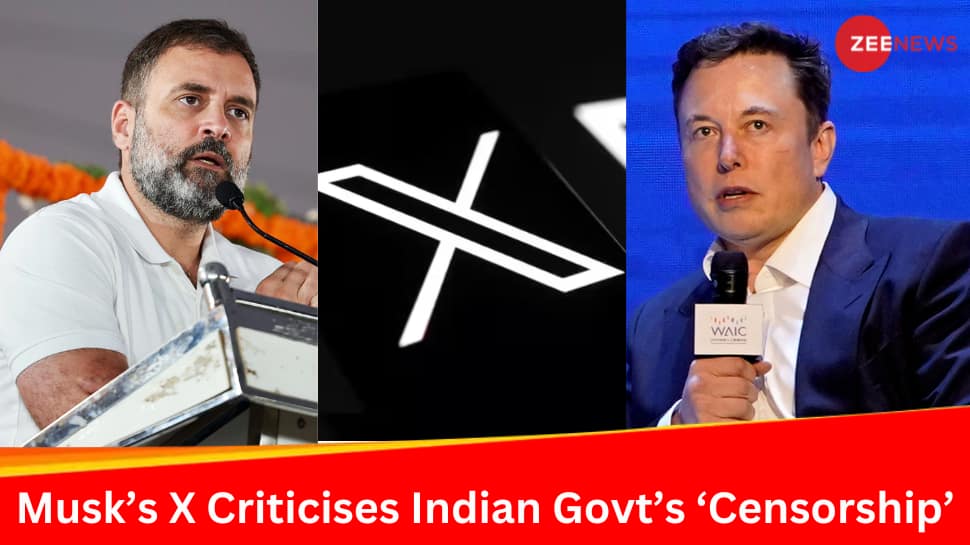
Congress leader Rahul Gandhi expressed concerns over the opacity and lack of scrutiny in India's electoral process, citing a post by Tesla and X CEO Elon Musk advocating for the elimination of Electronic Voting Machines (EVMs). This comes amidst a controversy in Maharashtra where a relative of a Shiv Sena candidate was found using a phone connected to the EVM, leading to demands for a full count of VVPAT slips and a call for use of traditional paper ballots by opposition parties.
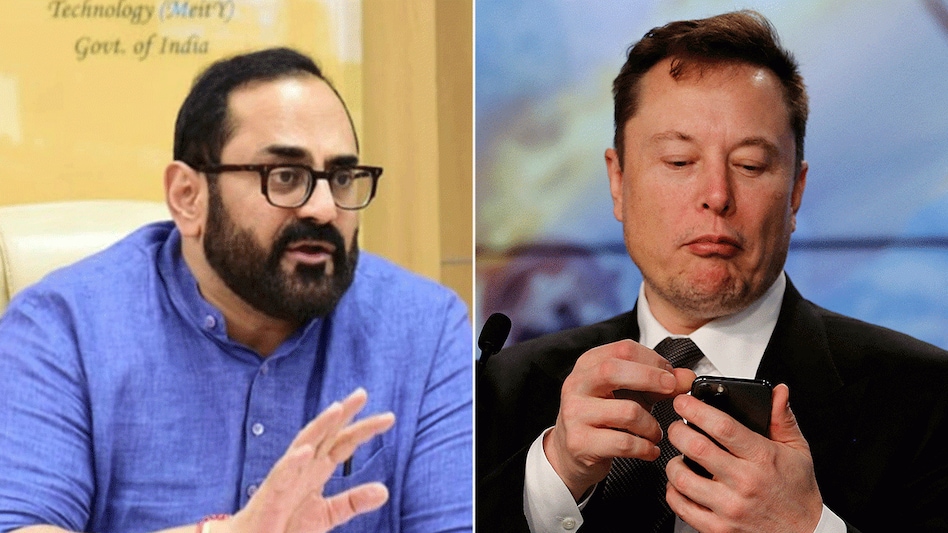
Congress leader Rahul Gandhi and former Union Minister Rajeev Chandrasekhar have responded to tech billionaire Elon Musk's recent comments regarding the elimination of Electronic Voting Machines (EVMs) in India. While Gandhi raised concerns about the lack of transparency and accountability in India's electoral process, Chandrasekhar defended the security protocols of Indian EVMs, stating that they are custom-designed, secure, and isolated from any network or media. The opposition parties have been demanding a 100% count of VVPAT slips, but their request was denied.
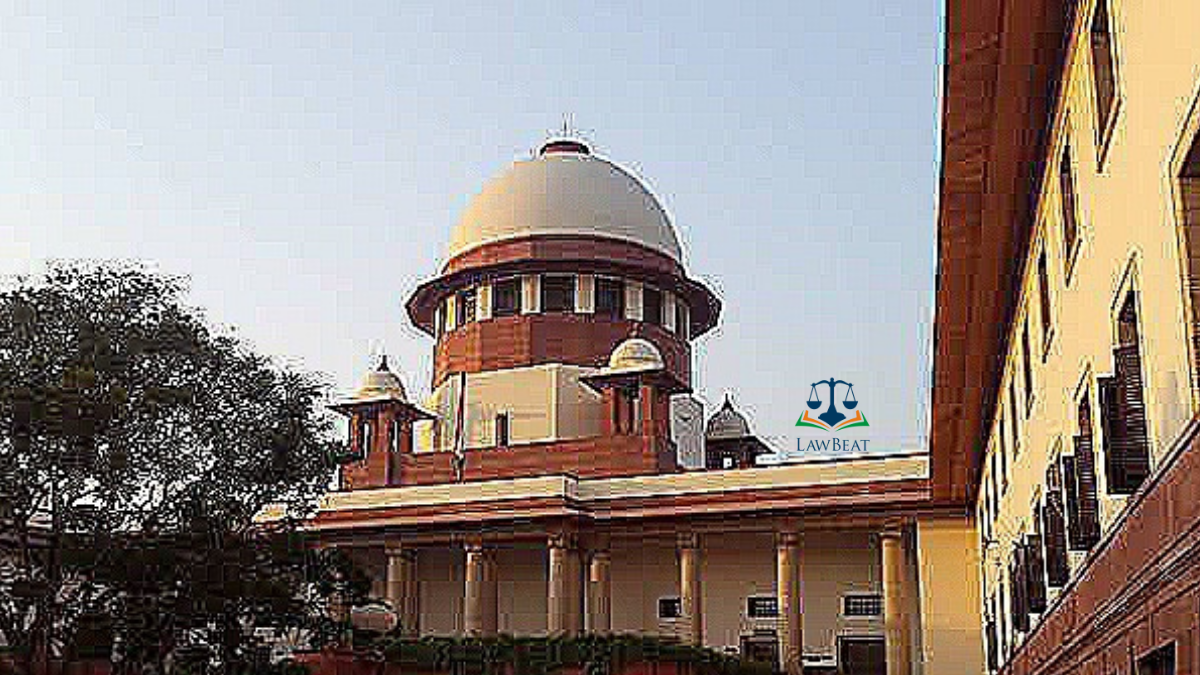
A viral video on social media showed YSRCP leader P Ramakrishna Reddy and his supporters entering a polling booth and smashing an EVM and VVPAT machine. Despite this, the MLA received an interim protection from the high court, which the Supreme Court has now slammed as a "mockery of the system." The apex court has also barred Reddy from entering the voting counting booth in his constituency and ordered the high court to hear the cases against him on Thursday.
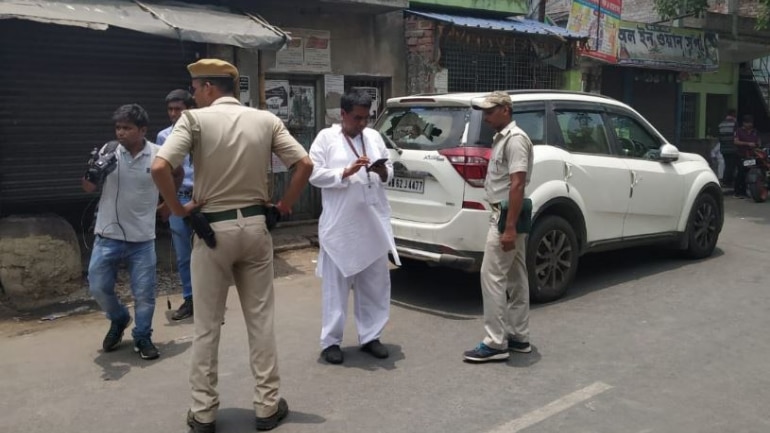
The seventh and final phase of the Lok Sabha elections in West Bengal witnessed clashes, violence, and allegations of malpractice. Supporters of rival parties, TMC and Indian Secular Front, clashed in Jadavpur constituency while in South 24 Parganas, a mob reportedly threw EVM and VVPAT machines into the water. BJP candidate Tapas Roy faced protests and slogans from TMC workers while the BJP accused TMC workers and police of threatening their polling agents ahead of the elections. Amid tight security, voting is being held in nine seats in West Bengal.
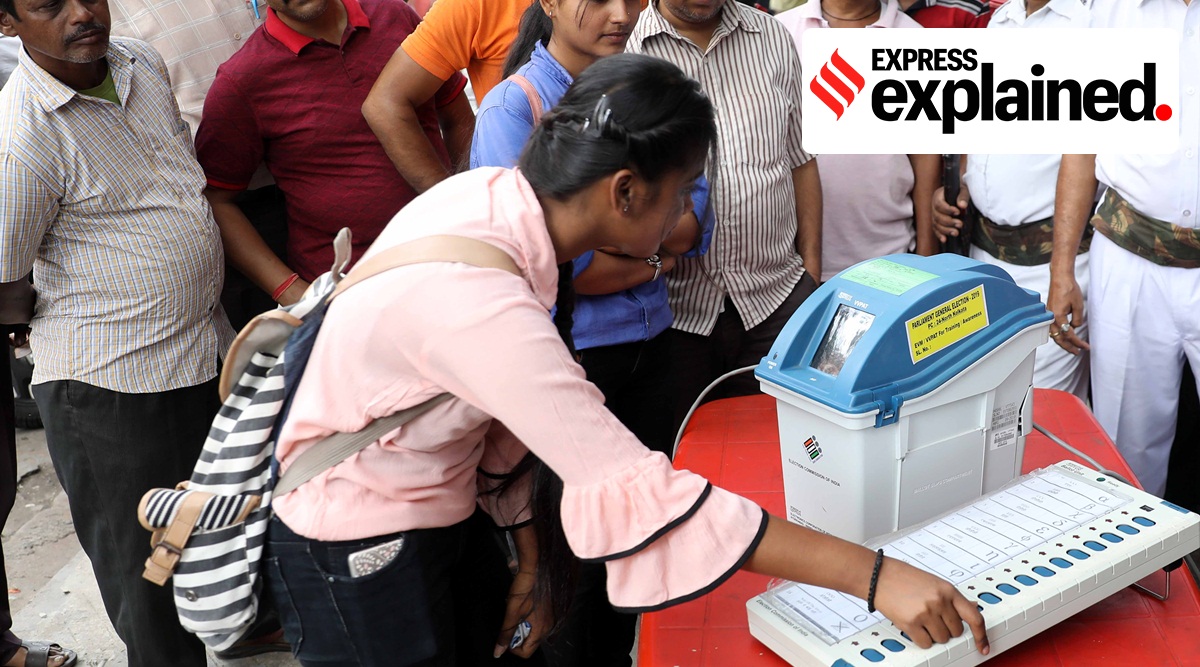
The Election Commission of India has directed for strict action to be taken against YSRCP MLA Pinneli Ramakrishna Reddy after a video of him damaging a VVPAT machine during the Andhra Pradesh elections went viral. The MLA was caught on camera throwing the VVPAT on the ground inside a polling booth. This incident has sparked outrage among the public and raised concerns about the safety of electronic voting machines.
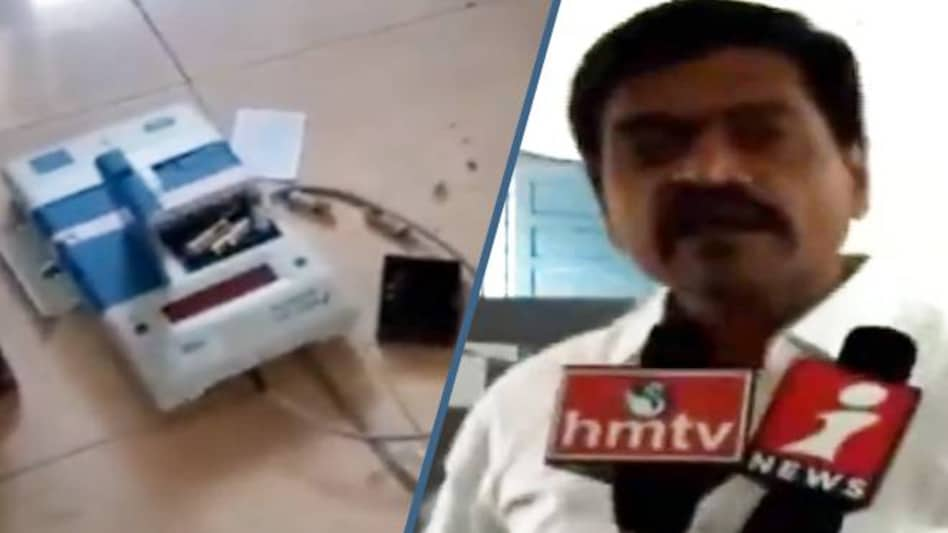
An MLA from the YSR Congress party in Andhra Pradesh was caught on camera ransacking an electronic voting machine and VVPAT machine at a polling station in Macherla. The incident caused embarrassment for both the state's police department and the chief electoral officer, who was asked to provide an explanation for not taking action against the MLA. The Election Commission of India has also ordered strict criminal action against all those involved in the incident to prevent any future interference in the peaceful conduct of polls.
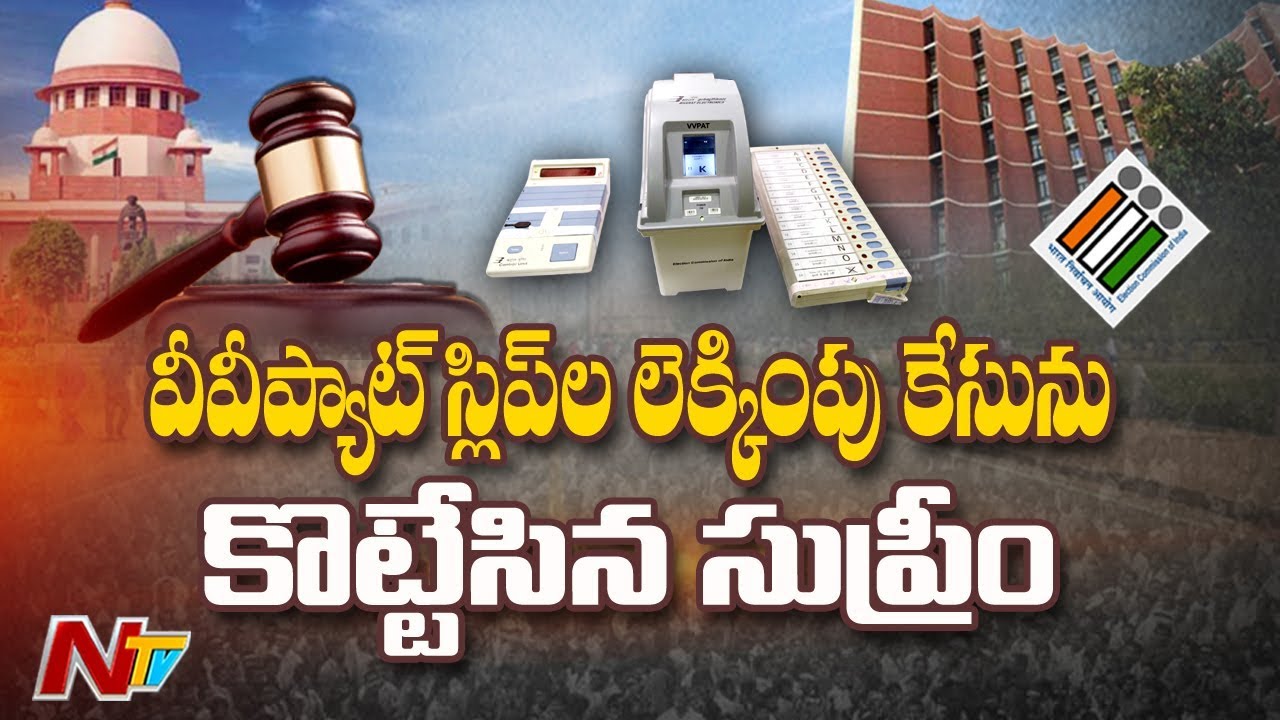
The Supreme Court has rejected a batch of petitions seeking 100% cross-verification of vote count in electronic voting machines (EVMs) with Voter Verifiable Paper Audit Trail (VVPAT) paper slips and also declined a plea to bring back paper ballots for the voting process. The verdict coincides with the second phase of polling for the General Elections to the Lok Sabha and the Court has issued a series of directions to strengthen the existing system. These include sealing of Symbol Loading Units (SLUs) and the recommendation to include an electronic machine for counting paper slips and bar codes.
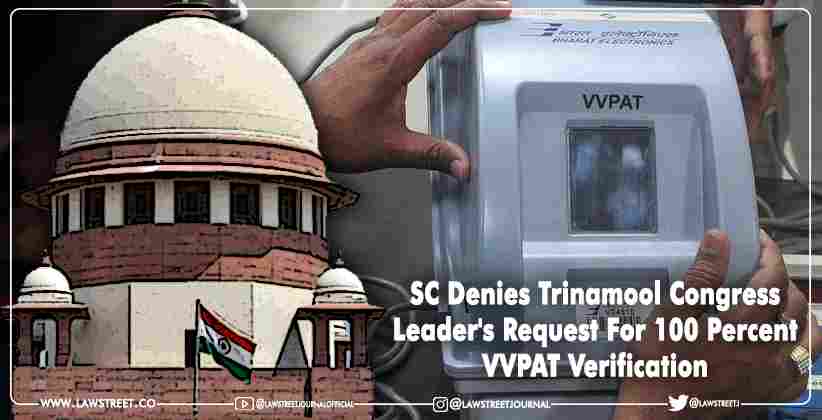
Amid the ongoing Indian Lok Sabha elections, the Supreme Court rejected all pleas for 100 percent verification of votes on Electronic Voting Machines (EVMs) through the Voter Verified Paper Audit Trail (VVPAT) method. The court emphasized the importance of maintaining trust and harmony among all pillars of democracy, while also acknowledging the need for meaningful criticism. The Election Commission of India has been asked to explain the steps of cross-verifying VVPAT slips with EVMs in order to uphold the sanctity of the electoral process. The use of VVPAT allows voters to confirm the accuracy of their votes, but its current implementation only covers a small percentage of EVMs. The dismissed petitions sought for every vote cast on EVMs to be cross-verified with VVPAT slips, amid widespread concerns about the security and reliability of the EVM voting system.
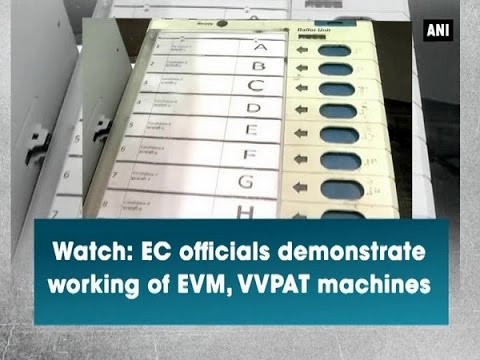
The Supreme Court has heard a batch of petitions seeking complete cross-verification of votes polled on Electronic Voting Machines (EVMs) with Voter Verifiable Paper Audit Trail (VVPAT) slips. As the court expressed concerns about preserving the people's faith in the system, the Election Commission of India (ECI) was questioned on the technical and operational aspects of EVMs and VVPATs. The court emphasized the need to allay any apprehensions and ensure the sanctity of the electoral process. The Senior Deputy Election Commissioner clarified the technical aspects of the machines and reiterated that all information about their functioning is in the public domain.